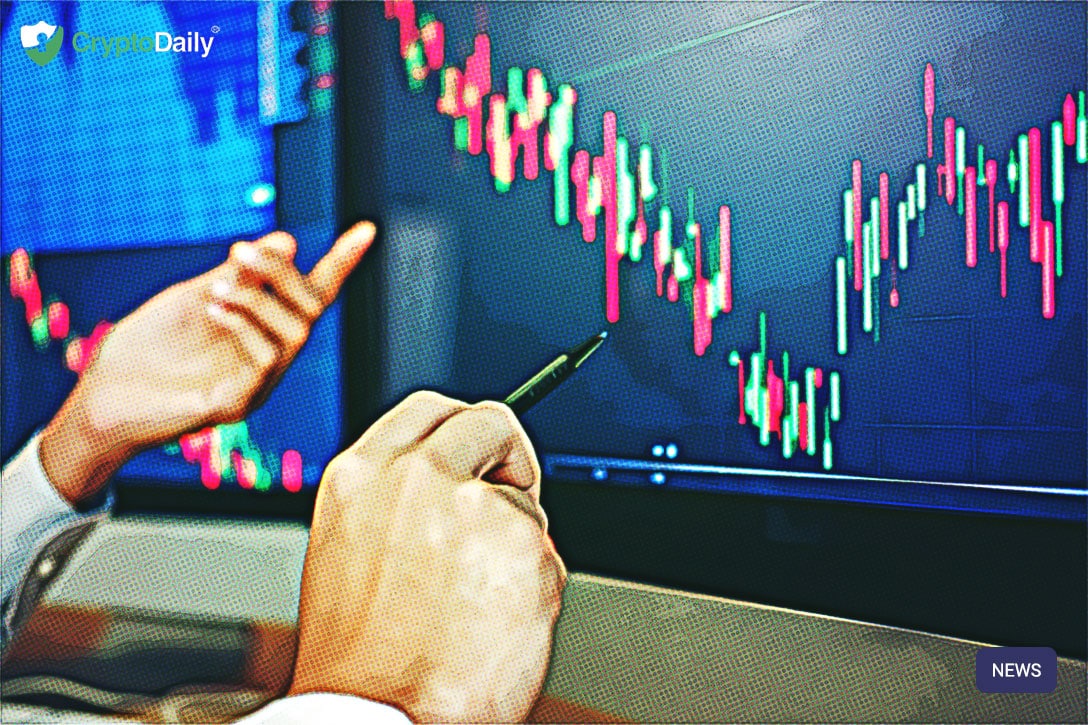Table of Contents
- What Exactly Is an Economic Collapse?
- What Could Cause an Economic Collapse?
- Currency Is No Longer Backed by Gold or Silver
- Hyperinflation
- A Global Pandemic
- Who Is Predicting an Economic Collapse?
- How to Protect Yourself From an Economic Collapse
- On March 11, 2020, the World Health Organization officially declared the novel coronavirus a pandemic.
- It wasn't until March 24th that UK Prime Minister Boris Johnson declared the coronavirus a national emergency.
On March 11, 2020, the World Health Organization officially declared the novel coronavirus a pandemic. It wasn't until March 24th that UK Prime Minister Boris Johnson declared the coronavirus a national emergency.
During that interim, markets around the world plunged. About a month later, in a historic move, the price of oil went negative.
In subsequent months, many UK residents have experienced a significant decline in their income and investment portfolios. The confluence of events has some observers warning of a pending economic collapse.
But what exactly is an economic collapse? Is it the collapse of society as we know it — or just high unemployment rates?
What Exactly Is an Economic Collapse?
There isn't one agreed-upon definition of economic collapse. At its worst, it would entail hyperinflation, the end of physical money, and panic. The supply of food and other essentials would be disrupted and in some cases eliminated.
A mild collapse might mirror the housing crisis in 2008. The reality is, we won't know what an economic collapse will look like until it is too late.
What Could Cause an Economic Collapse?
There are several factors that experts point to as the most common cause of a true economic collapse. These include:
Currency Is No Longer Backed by Gold or Silver
In the past, dollars were paper certificates (IOUs) you could turn in for silver or gold. In the 1960s and 1970s, most countries moved away from the gold standard and instead moved to a currency that is backed only by the faith and credit of the government issuing it. This is called fiat money.
Hyperinflation
Inflation is the general rise in the cost of goods and is quite normal. (Think of how much $50 bought in 1970, versus today.) Hyperinflation, such as the Weimar hyperinflation event, occurs when an economy is in crisis.
Historically, these severe events are often accompanied by war and massive currency "printing" — or what we would call "stimulus" spending today. When citizens lose confidence in their government’s currency, they seek to spend their money as quickly as possible on goods that do have value. This contributes to the spiral. In these scenarios prices can quickly spiral out of control, making everyday staples like milk and bread unaffordable for most people.
The cost of a loaf of bread can double, then triple in price. If the money supply is increased, this will just add more inflation pressure to what already exists. So that loaf of bread could increase a thousand-fold or more.
A Global Pandemic
Currently, millions of people have been infected with the coronavirus and more than 500,000 have died. Governments around the world are scrambling to provide aid to their citizens, many of whom are unable to work.
Some observers believe that this decrease in productivity and increase in debt could spiral out of control, resulting in hyperinflation.
On a darker note, if many more people die as a result of the virus' spread, it could result in a collapse of supply chains, leading to widespread product shortages.
Who Is Predicting an Economic Collapse?
There are always a few doom-and-gloom folks beating the economic collapse drum. However, that beat has been a bit louder in recent years.
- Billionaire investor Jim Rogers, the chairman of Rogers Holdings, claims the US dollar is doomed — but he’s buying it in preparation for the currency’s "last-gasp rally."
- Jim Rickards (a former advisor to the CIA and Pentagon) expects an international monetary collapse in the next few years.
- Nouriel Roubini, often called “Dr. Doom,” now expects a Great Depression to occur sometime over the next 10 years. He suggests the economy will experience a "u-shaped" recovery, but a quick collapse under the weight of countries' accumulated debt.
How to Protect Yourself From an Economic Collapse
What do people typically invest in to hedge against a currency collapse? Many invest in so-called safe-haven assets such as gold. Those who can't afford gold often buy silver instead.
Cryptocurrencies are also a choice for many who are worried about an economic collapse. And most have been performing well in recent months. However, the lack of historical data and the volatility of these assets makes them a controversial choice.
Even so, billionaire hedge fund founder Paul Tudor Jones announced in May that he’s putting 1-2% of his assets into bitcoin futures.
Calling this move a “great speculation,” Jones believes that bitcoin may play the same role that gold did during the stagflation of the 1970s.
“[Bitcoin] falls into the category of a store of value and it has the added bonus of being semi-transactional in nature,” he wrote.
“At the end of the day, the best profit-maximizing strategy is to own the fastest horse,” Jones explains. “Just own the best performer and not get wed to an intellectual side that might leave you weeping in the performance dust because you thought you were smarter than the market. If I am forced to forecast, my bet is it will be Bitcoin.”
(Read the full letter that he wrote to investors to understand Jones’s position.)
Here are some ideas on how to protect yourself from an economic collapse
- Understand the basics of the economy: Signs like the stock market crashing are indicators, but can also mean a recession — which is damaging but not like a full economic collapse.
- Diversify your investments: During normal periods, analysts advise holding a mix of physical cash, stocks, bonds, and commodities. What you choose to diversify into now needs careful thought, given the “extreme behavior” on display in markets. Consult a trustworthy financial advisor.
- Diversify your income: If you rely solely on a high-income W-2 job, you will be unprepared for an economic collapse. Look for side hustles and other ways you can earn income in the event that your seemingly stable job becomes unsustainable.
- Postpone major purchases: A deflationary environment may lead to bargains in big-ticket items and even real estate.
- Continue to stock up on non-perishables: What are the things you’ll always need? Buying and storing some of these items now is a way to beat inflation and shortages, should they occur.
- Learn homesteading skills: In a true economic collapse, you may need to grow your own food, mend your clothing, fix your car, and even raise livestock. Learning those skills now will save you money — and help you feel more secure in the event of a true economic collapse.
The reality is, an economic collapse could occur at any time. Being prepared for a future economic collapse isn't about assuming the world is falling apart, but rather preparing for the worst-case scenario.
Investment Disclaimer







